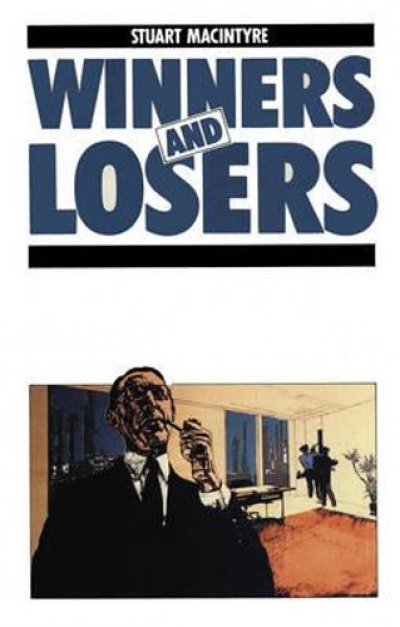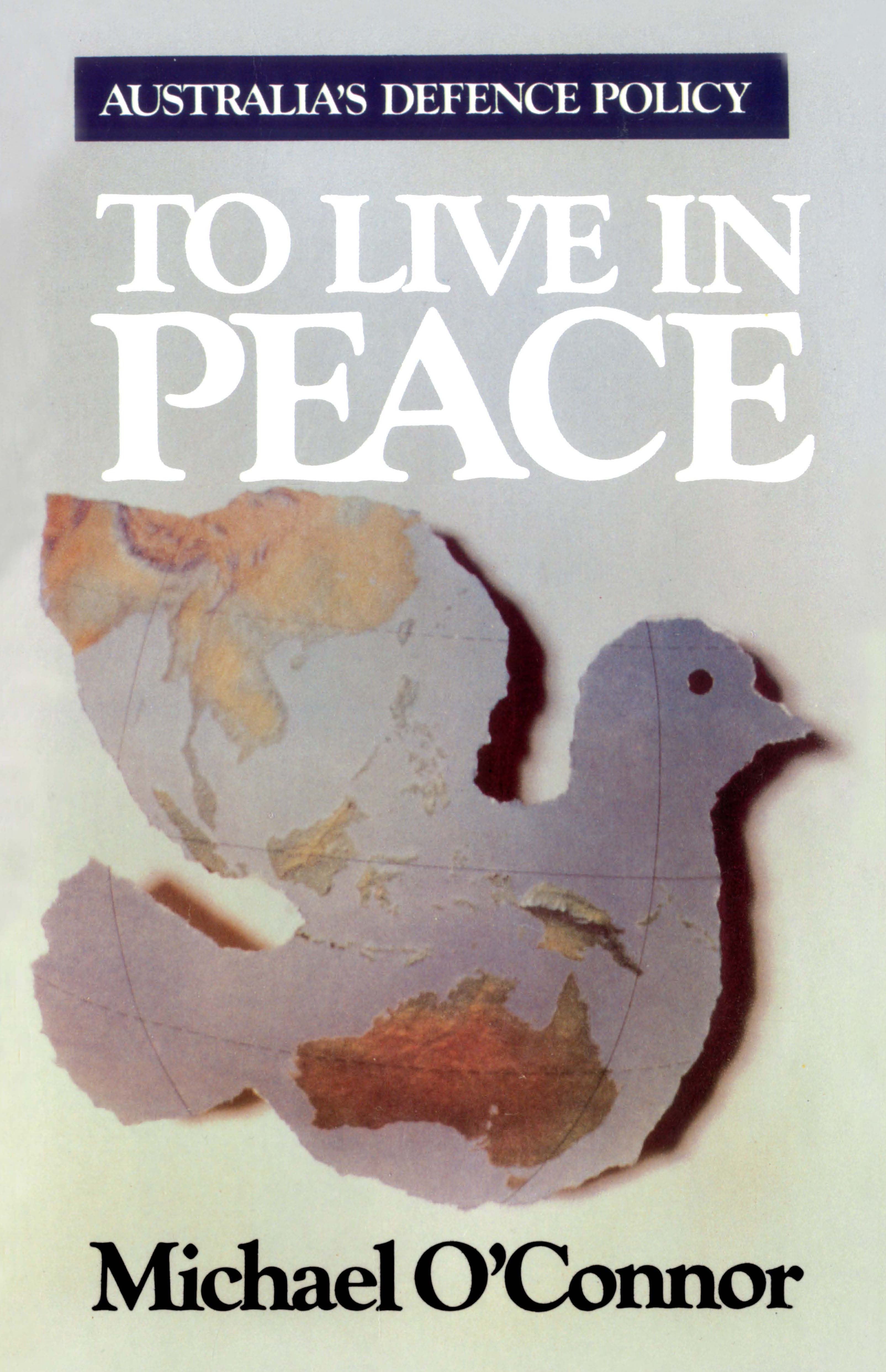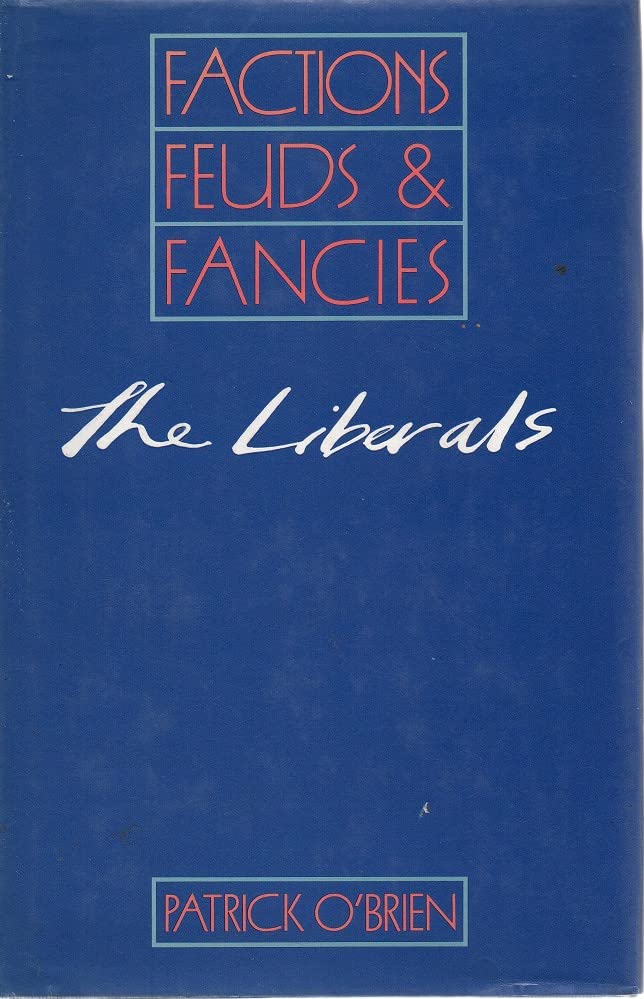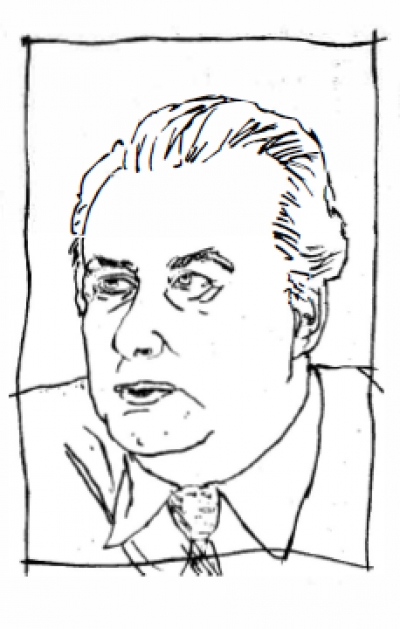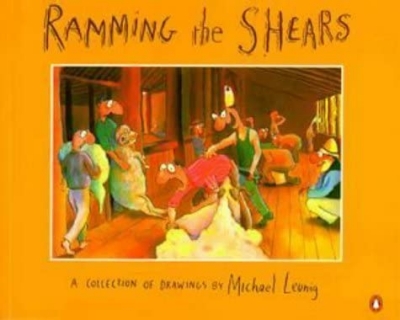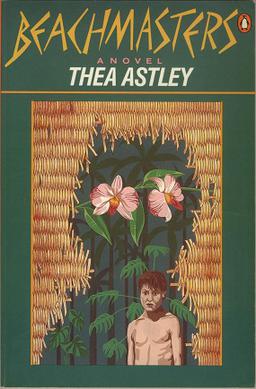Politics
Historians of the left have frequently adopted a highly sceptical, if not outright hostile, stance towards that pursuit of working-class interests through parliamentary politics which resulted in some form of ‘welfare state’ in most western industrial democracies. Historical interpretation has tended to polarise. On the one hand, liberal scholars have heralded the progress of governments towards active provision of an assured basic standard of living for those least advantaged in a capitalist society. On the other, a handful of socialist and Marxist scholars has discovered merely the minimal concessions of a bourgeois state to dampen the zeal of radicals, for fear of threatening disruptive social conflict; the reforms themselves were partial, inadequate, and a prop to the essentially conservative interests of the state, rather than a genuine modification of the body politic in the interests of the working-class.
... (read more)The last few years have seen a major reorientation of Australian defence policy. The Guam doctrine of limited commitment declared by the United States, the withdrawal of United States forces from mainland Southeast Asia, the British withdrawal of forces east of Suez and the substantial development of the capacities of regional countries, especially the ASEAN states, to provide for their own security all had major implications for Australian defence policy. Australia’s defence planners (and successive Australian Governments) concluded that our first priorities should be the defence of Australia with increasing independence, the encouragement of a favourable security environment in our region and the maintenance of ANZUS cooperation. This reorientation effectively spelt the end of the so-called ‘forward defence’ era and initiated a challenging process of transition.
... (read more)The Liberals – Factions, Feuds and Fancies by Patrick O’Brien
Party factionalism in Australia has traditionally been located almost uniquely in the ALP Splits and dissensions have been part and parcel of the Party’s long history: and some of their colleagues with them, had, even joined their former opponents. The Split, extending fully in 1955–56, destroyed Labor as a coherent political force, and as a serious alternative to its rivals. But other parties also have faced dissension; not excepting the Liberal Party, a curious mosaic of ideas and personalities. Yet writers in the past have only glanced at this characteristic in the Liberal Party.
... (read more)Marx’s Lost Aesthetic: Karl Marx & the visual arts by Margaret Rose
The title Marx’s Lost Aesthetic makes two claims - that Marx had an aesthetic, and that it was lost. Here is the stuff of a good narrative here: What was Marx’s aesthetic? How did he come to have it? Why, when and how was it lost? This in the story Margaret Rose sets out to tell from the perspective indicated in the subtitle, Marx’s relation to the visual arts.
... (read more)The Whitlam Government 1972–1975 by E.G. Whitlam
This is a massive book, as large in scale as the author himself, running to over 700 pages, and – at a rough estimate – to something like 300,000 words of text, lightened only by a few photographs, all of them of Gough Whitlam with friends and enemies.
... (read more)The thing that has distinguished the ‘inspired genius’ from the run of the mill ‘practitioner’ in all creativity is quality of mind. Michael Leunig, few Australians have to be told, has this. But astonishingly, quality of mind has not been a gradual, developing part of Leunig’s work, for it was evident as an integral part of his art, first widely seen in the pages of the fondly remembered National Review fifteen years ago. This is not to say he has not developed – he has in subtle directions and of course his graphic expression too has developed, as it should, with the discipline of creating for the Melbourne Age newspaper.
... (read more)It is a wise author who states clearly what his book is about and what it hopes to achieve. Some do this at the beginning of a book, some do it at the end. In either case it avoids the possibility of a reviewer or reader blaming the book for not being what it was never intended to be.
The author of this book gets over this difficulty by setting out clearly in the last chapter, headed ‘Is there a job description?’ that “the comparative approach adopted in this book has thrown into relief the strengths and weaknesses, formal and informal, of prime ministers in four countries. Factors often taken for granted in single-country studies have become more apparent when compared to others. For instance, Australian and New Zealand prime ministers are more vulnerable than the British, and far more than the Canadians.”
... (read more)Edwin Wilson’s first novel, Liberty, Egality, Fraternity! is described by its dust jacket as being about
work, life, love; friendship, sex, marriage, birth, death, religion, and the nature of freedom ’ and ‘individual liberty’, set against Australian society in the fifties and sixties.
None of which I can quibble with, nor as the jacket goes on to say, the predictability of this theme for a first novel. For alas, Liberty, Egality, Fraternity! is yawningly predictable, far too long and strives after a symbolic significance which is never achieved.
... (read more)Long term readers of Thea Astley have come to expect novels and short stories of finely tuned social satire which have increasingly employed Astley’s individual idiom: a richly textured and often baroque language of compressed meaning, of striking and original metaphor, of the incisively apt phrase which encapsulates character.
Her satiric themes have almost always focused on Australian society or that of the Pacific region – that ‘tropic cliché’ which she identified in her Herbert Blaiklock Memorial Lecture – ‘Being a Queenslander: A Form of’ Literary and Geographical Conceit’.
The favoured Astley microcosm is an enclosed or isolated community, the small northern town of many of her novels, or the tropic aeland of A Boat Load of Home Folk and her latest novel Beachmasters. Within this environment she is apt to place an isolated and vulnerable individual – perhaps an adolescent like Vinny Lalor of A Descant for Gossips or Gavi Salway of Beachmasters – who must, under the pressure of the social dialectic, learn the complexity of human response.
... (read more)Secrecy in human affairs seems to me as useful in grappling with problems as flat-earth dogma is in navigation. I have the belief that the most dazzlingly effective stroke the U.S. Pentagon could make toward dissipating nuclear nightmare would be to throw open the whole spectrum of its weapons experimentation and innovation to anyone who wanted to walk in and look it over. My further belief is that the sheer weight, variety and thrust of all that would be revealed would be such a horizon-expander to, say, Soviet scientists that those scientists would be too caught up in the sheer challenges to the understanding of it all to constrict themselves into any scramble to winnow out immediate military advantage – and indeed that the very process of assimilation of and adaptation to the revealed data would very likely have so many sorts of extraordinary and mutually beneficial (that is, both to the U.S. and the non-U.S. world) effects that the very reasons for nuclear confrontation would vanish from sheer irrelevance and inanity.
... (read more)

